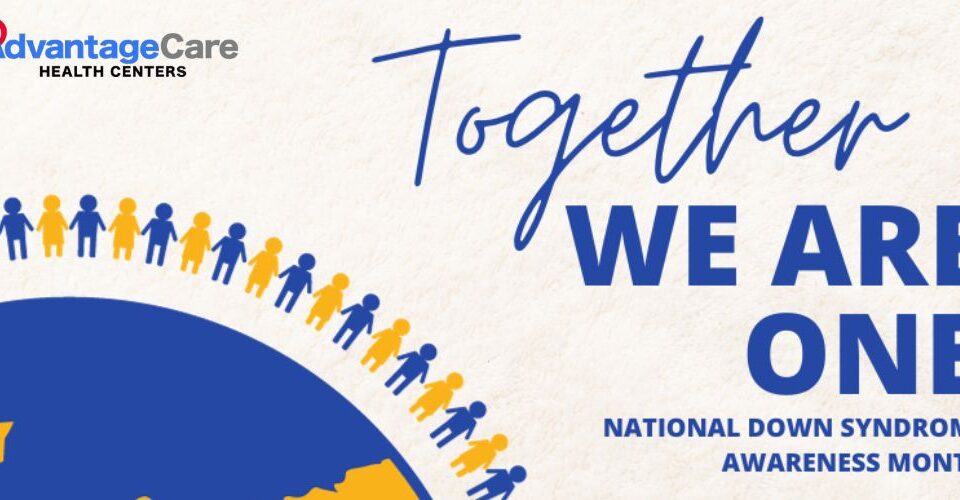
Smart Back to School Health Tips for Your Family
August 31, 2020
Living a Healthier Life Starts with Family Wellness Activities
September 30, 2020
Smart Back to School Health Tips for Your Family
August 31, 2020
Living a Healthier Life Starts with Family Wellness Activities
September 30, 2020
For many in our community, the COVID-19 pandemic has reduced the type of daily personal contact that we all need to maintain mental wellness. As a result of this increased isolation, mental health issues are on the rise in America. In fact, it’s likely that you know someone who is suffering from depression or other types of mental illness right now. To be able to better help those who might be struggling, learn how to recognize when it might be smart to contact a health center.
What is Mental Illness?
According to the National Alliance on Mental Illness (NAMI), “A mental illness is a condition that affects a person’s thinking, feeling, behavior or mood. These conditions deeply impact day-to-day living and may also affect the ability to relate to others.” Disruptions in daily life could include experiencing extreme changes in mood, an inability to think clearly, communication difficulties or other emotional and behavioral problems.
Mental Health Issues are More Common than You Might Think
- 1 in 5 American adults suffer from mental illness each year.
- 1 in 25 American adults experience serious mental illness each year.
- 1 in 6 Young people in the United States ages 6-17 experience a mental health disorder each year.
Depression, bipolar disorder and schizophrenia are a few examples of mental illnesses frequently diagnosed every year in American adults and children.

Typical Signs of Mental Health Issues
Mental illness doesn’t usually appear without warning. People often display certain types of behaviors that can signal that a health care appointment may be needed.
8 Typical Warning Signs
- Excessive worrying or fear
- Feelings of sadness or despair
- Difficulty with thinking, concentrating and/or learning
- Extreme mood changes
- Strong or long-lasting feelings of irritability or anger
- Avoiding friends and social situations
- Changes in sleeping and/or eating habits
- Increase alcohol or drug use
What to Watch for in Your Child
Children also may also experience mental health problems. Just like with an adult, there are several key warning signs to monitor when considering a behavioral health appointment for your child.
For example, if your child’s grades suddenly slip or they become more hyperactive than normal, there might be a reason for these changes. By recognizing the signs and symptoms early, you can give your child the best chance to succeed.
Other Mental Health Warning Signs in Children
- Excessive worry or anxiety
- Frequent nightmares
- Disobedience or aggression
- Frequent temper tantrums

Our Team Helps Community Members Maintain Mental Wellness
If think you or someone you know might be experiencing mental health issues, Advantage Care is here to help. We have a team of experienced health care professionals who specialize in mental and behavioral health services, including psychiatry and psychology. Contact us today to request an appointment.





